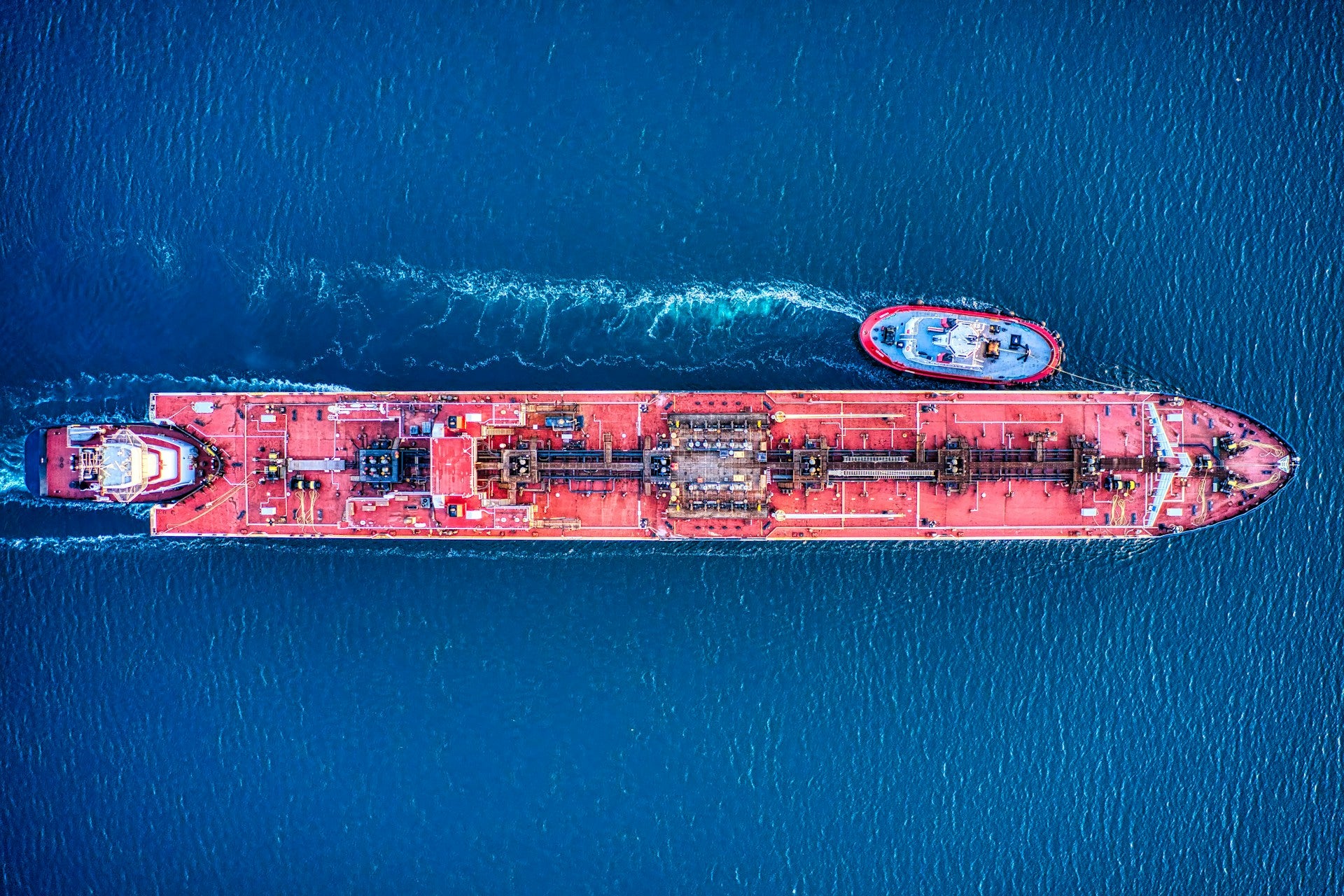
Hanseatic Energy Hub has made the final investment decision (FID) for the first land-based liquefied gas terminal in Germany, dubbed Hanseatic Energy Hub (HEH).
The company’s shareholders Partners Group, Enagás, Dow and the Buss have secured financing for the project, after completing the permitting and commercial phase last year.
Spanish EPC contractor Técnicas Reunidas and its partners, FCC, and Enka, have been awarded contracts to build the HEH at the Stade Industrial Park in Stade, Germany.
The company announced an official groundbreaking ceremony, to be held in the coming weeks, and intends to invest around €1bn in the construction of the terminal.
Spanish energy company Enagás, which provides the technical direction of the construction and will also be the terminal operator, is increasing its shareholding in the project from 10 to 15%.
Enagás CEO Arturo Gonzalo said: “Enagás has strengthened its entry into Germany by increasing its stake in the Hanseatic Energy Hub, up to 15 per cent, which is fully aligned with the company’s strategy to contribute to the security of energy supply and to drive the process of decarbonisation in Europe.”
Dow Germany president and executive board chairwoman Julia Schlenz said: “The land-based LNG terminal will be a crucial building block in the transition to a net-zero future in Germany and Europe.
“It offers unique synergy effects between the chemical, logistics and energy industries and acts as an efficient industrial and energy hub around the Stade Industrial Park.
“It is these bridging technologies that we as an industry in Germany need in order to help shape the transformation in the long term.”
The HEH project is entering its next phase after more than six years of development and is expected to have a total capacity of 13.3 billion cubic metres of natural gas per annum.
Around 90% of the volume has been booked long-term by three European energy majors EnBW, SEFE and ČEZ, and the remaining capacity is reserved for short-term bookings.
The project will initially serve as a key terminal for LNG, synthetic natural gas (SNG) and liquefied biomethane and for ammonia, as a carbon-neutral, hydrogen-based energy carrier.
The terminal has been certified by permitting bodies as being ammonia-ready and will contribute to securing Europe’s energy supplies after its planned commissioning in 2027.
Once the HEH enters service, the FSRU Energos Force, which is chartered by Germany’s federal government, will set sail from Stade.
The floating LNG terminal, which has been on site since March 2024, will continue to secure the gas supply in the short term until the more efficient land-based terminal is completed.
Partners Group infrastructure managing director Carsten Koenig: “We are pleased to reach this important milestone for HEH, after several years of thorough planning and development.
“As an LNG terminal in a strategic location, HEH will play a significant role in securing the energy supply and supporting the energy transition in both Germany and wider Europe in the future.
“Partners Group has a strong thematic focus on the energy transition sector, where we have made a number of investments over the last year alone.”
In relation to the investment decision, Buss Group managing partner Johann Killinger will step down from the management team, succeeded by Jan Themlitz.
Jan Themlitz has a long track record of developing energy-related projects, along with knowledge on LNG from having worked with gas majors and power generators for 30 years.
Johann Killinger said: “Stade it is! Especially in the last two years, we have surmounted all the hurdles and will now be getting to work on making Germany’s first land-based terminal a reality.
“For me, as a co-initiator and driver, it is particularly gratifying to make an important contribution to Germany’s energy security with this project. On top of that, I’m thrilled to be able to give a strong boost to the economic development of Lower Saxony.
“This success has only been possible thanks to the unwavering support of our customers, from politicians and administrators in Hanover and Berlin, and – very crucially – from the region.”






